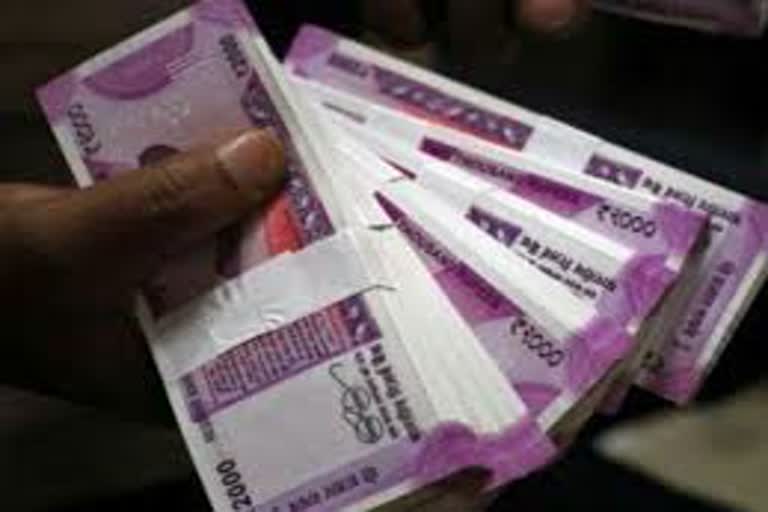New Delhi: A government-appointed advisory group has suggested issuance of 'Elephant Bonds' wherein people declaring undisclosed income will have to mandatorily invest half of that amount in these securities.
The high-level panel also recommended a host of other measures that include a road map for doubling India's exports of goods and services to over USD 1,000 billion by 2025.
These recommendations are part of a report prepared by the 12-member group, set up by the commerce ministry in September last year.
The group submitted the report to Commerce and Industry Minister Suresh Prabhu Wednesday, an official said.
Suggesting amnesty-like scheme, the panel asked the government to create "Elephant Bonds" (25-year sovereign bonds) in which people declaring undisclosed income will be bound to invest 50 per cent. The fund will be utilised only for infrastructure projects, the report said.
The other key recommendations include lowering effective corporate tax rate, bringing down the cost of capital and simplifying regulatory and tax framework for foreign investment funds.
Also read: Corporate Tax cuts in General Budget depend on LS outcome: Sources
These are aimed at increasing India's exports of goods and services from USD 500 billion in 2018 to over USD 1000 billion in 2025.
The report argued that India's competitors have less than 20 per cent effective tax rates.
Besides, the group recommended increasing the capital base of EXIM Bank by another Rs 20,000 crore by 2022, setting up of empowered investment promotion agency and seeking inputs from industry and MSMEs before signing free trade agreements (FTAs) and sensitising them of its benefits.
It said there is a need for an in-depth assessment of the existing agreements and their impact on the competitiveness of the Indian industry; remedial measures, if any, to be considered for future FTA negotiations and maintaining a database based on such assessment.
The nine non-industry specific recommendations also include building a comprehensive export strategy and rationalise tariff structure.
"State governments need to be closely involved in improving the competitiveness of exports by providing support measures in a WTO (World Trade Organisation) consistent manner," the report said.
Further, the seven industry-specific suggestion include separate regulation for medical devices and a single ministry for the sector.
For the textiles and garments sector, it suggested modification in labour laws (like the Industrial Disputes Act, 1947) to remove the limitation on firm size and allow manufacturing firms to grow.
To promote tourism and medical value tourism, the group recommended simplification in medical visa regime, setting up of a pan-India tourism board.
Similarly, to promote agriculture exports, it has asked for abolishing Essential Commodities Act and the APMC (Agricultural Produce Market Committee).
The panel was headed by economist Surjit Bhalla. The other members include Principal Economic Adviser Sanjeev Sanyal, former commerce secretary Rajiv Kher and Quality Council of India Chairman Adil Zainulbhai.
Since 2011-12, India's goods exports have been hovering at around USD 300 billion. During 2018-19, the shipments grew by 9 per cent to USD 331 billion. India services during April-February 2018-19 stood at USD 204 billion.
Promoting exports helps a country to create jobs, boost manufacturing and earn more foreign exchange.



